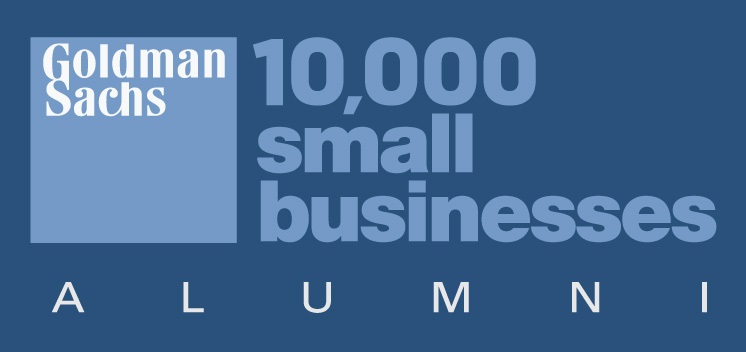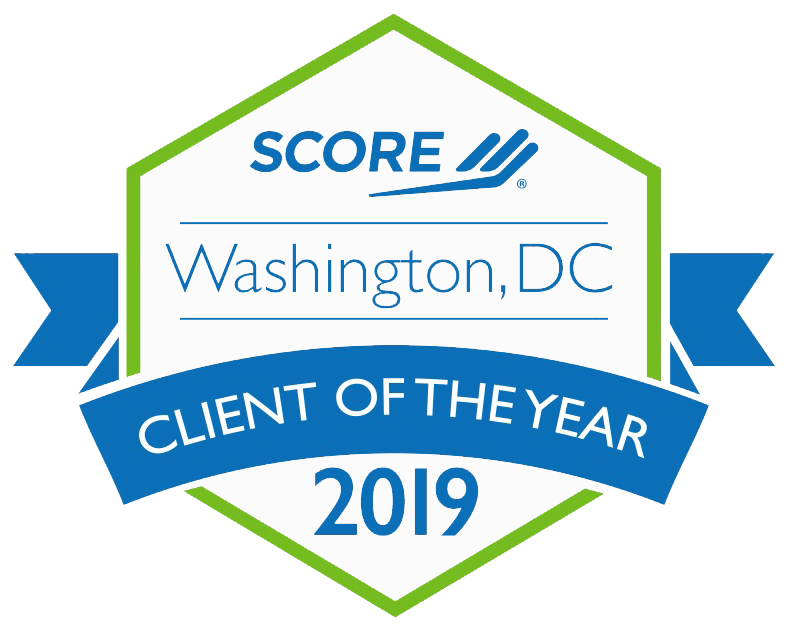The best grant application is the only thing that stands between you and successful grant funding. But it’s much easier said than done! Funders receive thousands of grant proposals throughout the year, and developing one that delivers a unique message takes time and effort.
Before you take the time to create your grant proposal, you want to make sure you’re not wasting your time. So before you dive in, ask yourself these few questions.

1. Do you meet the requirements?
Meeting the requirements of a grant meticulous organization and oversight. One missed requirement and you could automatically be eliminated from consideration. And unfortunately, “close enough” isn’t going to cut it. To make sure you know all the requirements, start by looking at documentation on the grant’s website. The requirements typically fall under two categories; eligibility and priority areas. Most grant programs will have a list of requirements on the website but if they don’t, don’t hesitate to contact the organization directly.
2. Is it worth the investment (and time)?
It’s hard not to want to apply for every grant you come across. Because free money seems worth all the effort right? However, it’s important to remember that grants are competitive. You could spend a lot of time on the application with no ROI. Before starting a proposal, ask yourself how many estimated hours you think it will take, and if you’ll need to donate your time or pay someone else to write it (as this could influence the timeline of completion).
3. Do you have the resources?
Creating a timeline of milestones for grant application completion is a good way to understand if you and your organization have the bandwidth to complete it. And filling out the correct documentation is no quick task. It’s usually not a one man effort, and requires coordination from others to complete tasks. Make sure you take PTO and vacation time into account, or if note if someone will be unavailable for a certain period of time.
4. Will you outsource the grant writing?
Whichever way you go, there are pros and cons to each choice. The power in writing it yourself is that you are the subject matter expert. You have the most background knowledge and passion behind the subject to bring the proposal to live. You’ll also have easier access to support material, references, data, etc. The con is that you probably have a ton of other commitments already. Hiring a professional grant writer can provide a fresh perspective, and they know how to tell a story. It just depends on your budget and if you’re willing to spend a little to save you time.
5. Is the grant aligning with your goals and mission?
This is arguably one of the biggest factors in deciding to pursue a grant application. Is this grant going to move your organization forward in a positive direction? What do you plan to do with the money and how will you work together with the funding organization to achieve common goals? The grant doesn’t stop once you receive it.
If you’re looking to outsource a grant writer or need additional grant consulting services, RBW Strategy has you covered! Our mission is to provide public-serving organizations of any size with high-quality, customized strategic fundraising consulting services. Contact us today to learn more!





